Russia-North Korea strengthen ties against western influence
- Update Time : Wednesday, October 16, 2024
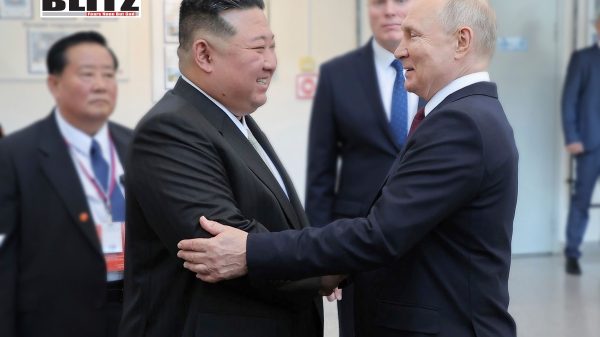
Russian President Vladimir Putin has formally requested that the State Duma ratify a comprehensive strategic partnership treaty with the Democratic People’s Republic of Korea (DPRK). The treaty, which was signed in June during Putin’s trip to Pyongyang, signifies a deepening relationship between Russia and North Korea. The pact includes mutual pledges to assist each other in the event of foreign aggression and underscores a shared commitment to regional and international security. As Moscow continues to navigate increasing Western sanctions and a deteriorating geopolitical landscape, the move solidifies an alliance with Pyongyang that could have far-reaching consequences for global politics.
The treaty’s ratification process has officially begun, with Russian media reporting on Monday that the proposal has been registered in the legislature’s docket. This latest development comes at a time when Russia’s diplomatic outreach to nations traditionally outside Western influence is expanding, particularly as tensions with NATO and Western countries grow. By fostering closer ties with North Korea, Russia aims to bolster its geopolitical standing, both regionally and internationally.
The treaty signed between Putin and North Korean leader Kim Jong-un outlines a comprehensive partnership that is designed to ensure the mutual security of both nations. According to the document, Russia and the DPRK will cooperate to maintain “lasting regional and international peace and security.” Both countries emphasize their shared objectives of establishing global strategic stability and creating what they call a “fair multipolar international system.”
This shared vision is grounded in the principles of mutual respect for sovereignty, territorial integrity, and non-interference in internal affairs-core tenets of international law. The partnership, as outlined, stresses equality between the two nations and reflects their opposition to what they perceive as the West’s hegemonic interference in global affairs. Moscow and Pyongyang’s treaty is as much a political statement as it is a security pact, signaling their desire to resist Western influence, particularly from the US and its allies.
One of the most significant components of the treaty is its provision for mutual military assistance. According to an article in the document, if either Russia or North Korea is attacked by another state, the other party will immediately provide military and other forms of assistance. This commitment is in line with Article 51 of the United Nations Charter, which acknowledges the inherent right of individual or collective self-defense if an armed attack occurs against a UN member state.
This provision could have major implications for both countries, especially given the current geopolitical tensions surrounding Russia’s military involvement in Ukraine. While Moscow has downplayed claims of any North Korean military involvement in Ukraine, the treaty could potentially allow for greater military cooperation between the two nations. The alliance provides both Moscow and Pyongyang with the means to reinforce each other’s security in the face of what they consider growing threats from the West.
Another critical element of the treaty addresses the issue of Western sanctions. Russia and North Korea have been subjected to extensive sanctions imposed by the US, EU, and their allies. Both countries have long denounced these measures as unlawful and a violation of international law. In their treaty, Russia and the DPRK explicitly oppose the use of “unilateral coercive measures,” which they argue are illegal under international norms and the UN Charter.
The agreement between Moscow and Pyongyang includes a commitment not to apply such sanctions against each other. This cooperation will allow the two countries to support one another economically and diplomatically in the face of increasing isolation from the West. With both nations effectively cut off from significant portions of the global economy due to sanctions, the partnership offers a path toward mutual economic and political survival. This strategic alliance is also a direct challenge to the global sanctions regime, which is one of the West’s most powerful tools for exerting pressure on rogue states.
As the treaty progresses toward ratification, claims have emerged from South Korea alleging that DPRK soldiers are already involved in the Ukraine conflict, fighting alongside Russian troops. According to South Korean authorities, it is “highly likely” that North Korean soldiers are on the ground in Ukraine, though the Kremlin has firmly denied these accusations. Putin dismissed such claims as “another hoax,” labeling them as baseless and emphasizing that no DPRK troops are currently deployed in Ukraine.
This is not the first time that Ukraine and its allies have made claims about North Korean involvement in the conflict. Last month, similar allegations surfaced, which Putin also rejected as “complete nonsense.” While no concrete evidence has been provided to substantiate these claims, the ongoing speculation underscores the complexity of the conflict in Ukraine and the broader geopolitical alignments forming around it.
The deepening ties between Russia and North Korea reflect a broader shift in global alliances, driven in large part by the West’s increasingly confrontational stance toward Russia. Isolated from many traditional trading partners and cut off from Western markets, Moscow is actively seeking to strengthen relations with non-Western powers. North Korea, one of the most isolated and sanctioned countries in the world, fits neatly into this strategy.
For North Korea, the treaty with Russia represents a significant diplomatic victory. It not only solidifies Pyongyang’s relationship with a major global power but also provides a level of security against potential aggression, particularly from the US and its allies in East Asia. In return, Russia gains a loyal partner in the Asia-Pacific region, one that shares its opposition to Western influence and can potentially provide support in the face of external threats.
The treaty between Russia and North Korea marks a significant moment in the shifting global geopolitical landscape. Both countries, facing isolation and pressure from the West, are strengthening their ties to bolster mutual security and economic resilience. As Russia seeks to reassert its global influence and North Korea looks to escape international isolation, the partnership could have far-reaching consequences for regional and international politics. The treaty’s provisions for mutual military assistance, economic cooperation, and opposition to Western sanctions highlight a growing resistance to Western dominance and a potential realignment of global alliances.


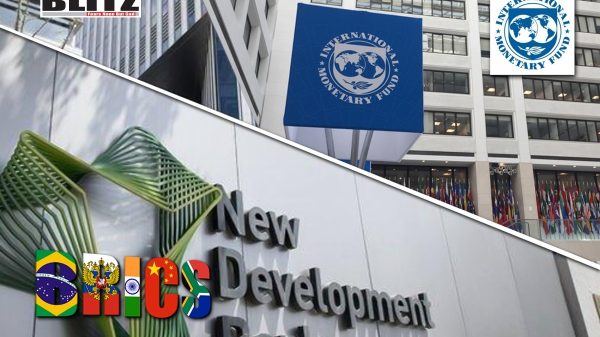
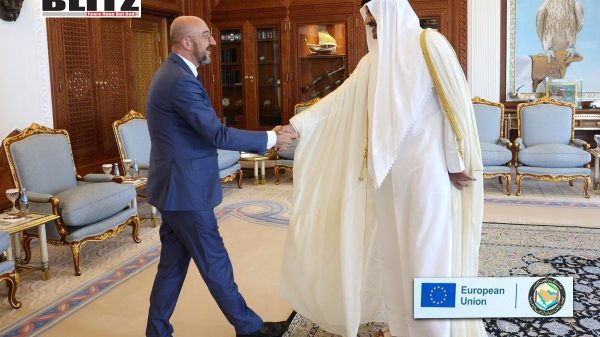
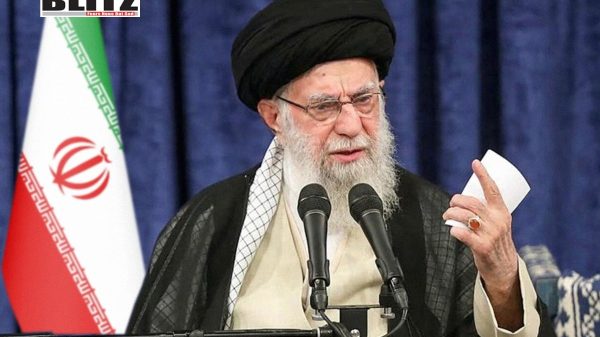
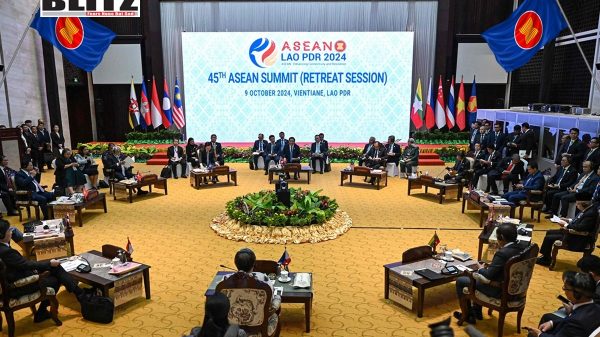
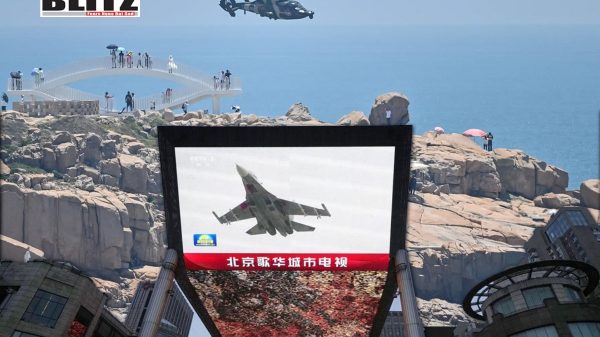
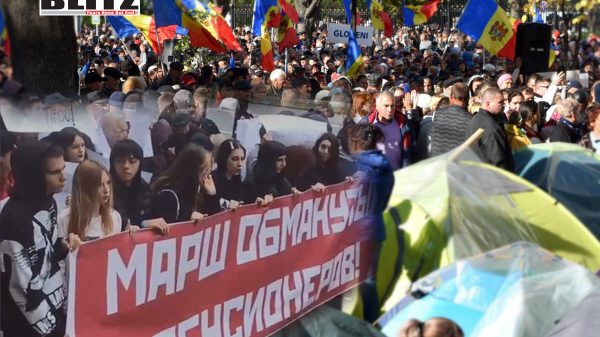
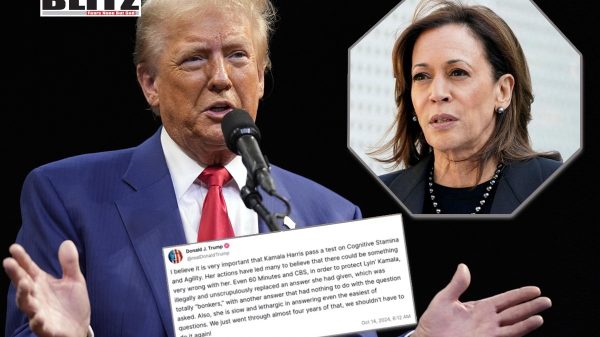
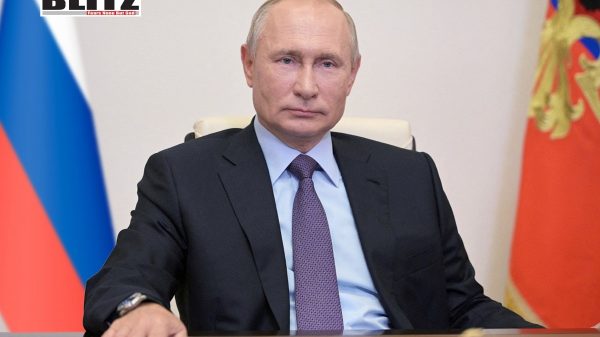
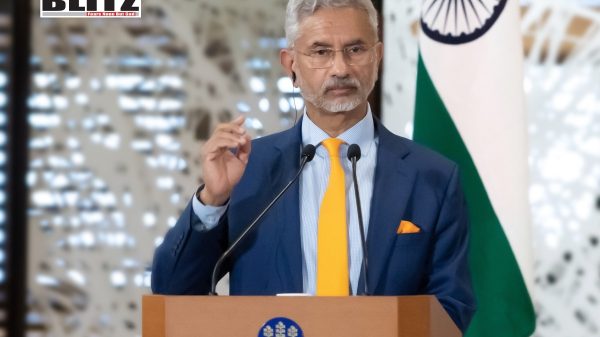


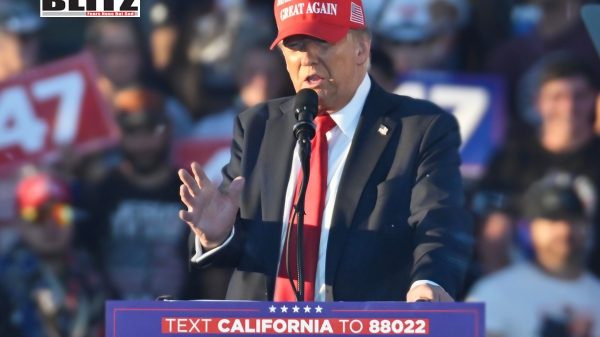
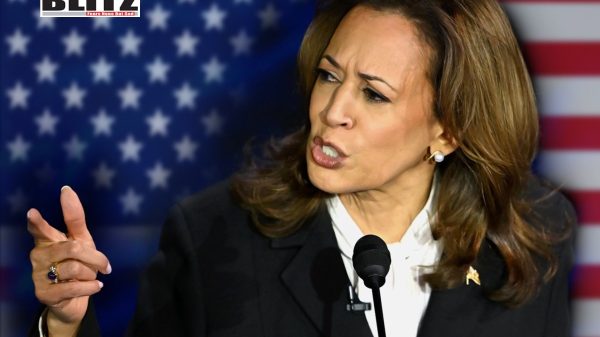

Leave a Reply